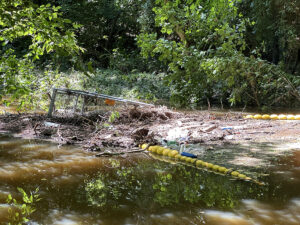News
Sound Rivers, SELC file lawsuit against Durham developer
Neuse River Watershed, Regulatory, Sound Rivers, Water Quality
Posted on September 7th, 2023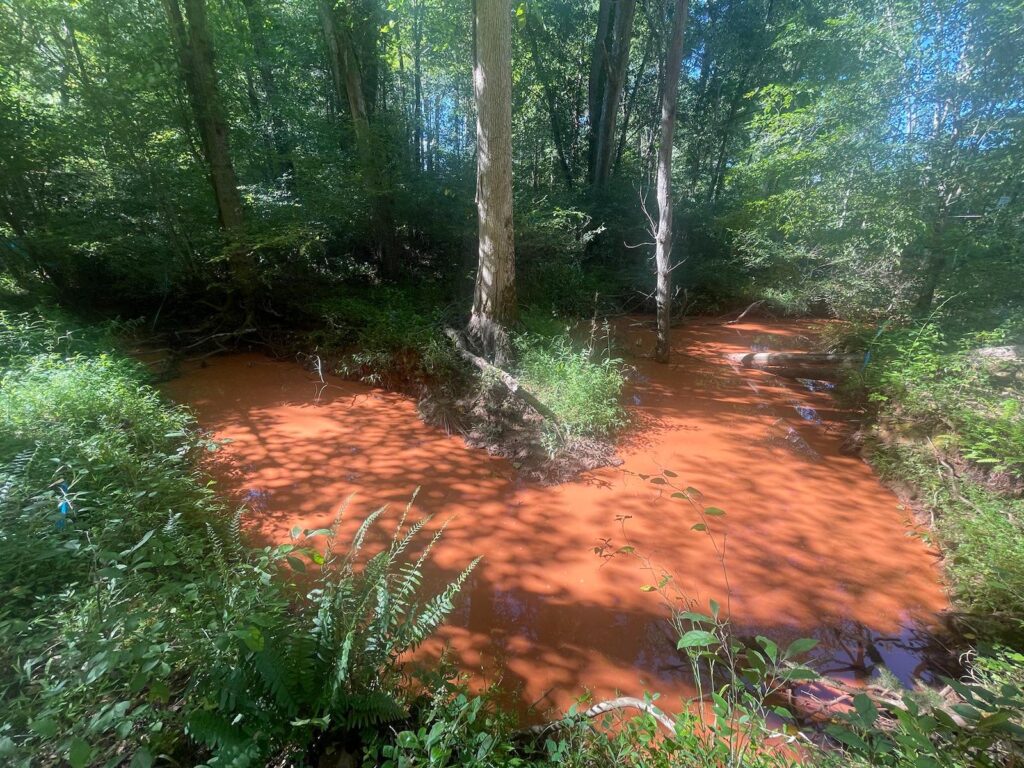
A photo taken Aug. 31 by Neuse Riverkeeper Samantha Krop shows Martin Branch inundated with eroded sediment from the Sweetbrier site.
CHAPEL HILL [Sept. 7, 2023] On behalf of Sound Rivers, the Southern Environmental Law Center today filed a lawsuit in federal court to stop ongoing pollution from a developer into a Durham creek, Martin Branch, which connects through Lick Creek into Falls Lake, a drinking water source for Raleigh and surrounding communities. The lawsuit against Clayton Properties Group, Inc., filed in the U.S. District Court for the Middle District of North Carolina, seeks to stop ongoing violations of the Clean Water Act at its development of a large residential subdivision in Southeast Durham.
Read the complaint filed here.
“Falls Lake, North Carolina’s creeks, and our wetlands are not dumping grounds for developers,” said Irena Como, senior attorney at the Southern Environmental Law Center. “It’s past time for Clayton to address its pollution and violations once and for all.”
Sound Rivers documented over 16 instances where Clayton Properties Group, Inc. violated its Clean Water Act permit at its Sweetbrier residential construction site – a 616-lot subdivision on a 216-acre site in Durham. Numerous water samples adjacent to and downstream of the construction site in Lick Creek show that the developer has consistently discharged sediment at concentrations 20 times over permit limits, which is illegal under the Clean Water Act and in exceedance of the state turbidity standard. Excess sediment has turned the water in the creek bright orange as captured in pictures and videos.
“Clayton is allowing concerning amounts of sediment runoff to pollute a public waterway, tainting water quality and destroying habitats downstream,” warns Samantha Krop, Sound Rivers’ Neuse Riverkeeper. “Durham residents shouldn’t have to see their precious waterways muddied by this developer’s illegal discharges of sediment into our creeks and wetlands— especially when Clayton has been given ample time to fix these issues.”
Click here for photos taken by Sound Rivers documenting the sediment pollution at the development site.
In May 2023, SELC notified Clayton of Sound Rivers’ intent to sue – giving the developer 60 days to comply with permit requirements. However, samples obtained by Sound Rivers after that date confirm ongoing violations at the site.
Inspections at the development site revealed pervasive violations, including sediment pollution outside the permitted area, which harms surrounding creeks and wetlands and the ecosystems they support (for plants, animals and fish). The sediment pollution deposited in tributaries to Lick Creek has reached Falls Lake, which in addition to being Raleigh’s principal drinking water source, provides a range of recreational opportunities including camping, swimming, boating, mountain biking, and fishing. Wetlands buffer our communities from increasingly severe storms and floods, act as natural pollution filters that improve water quality, and protect wildlife as well as fish and shellfish. Effects of sediment pollution can persist in streambeds and wetlands long after the end of construction, and the destruction of habitat can affect wildlife in the long term.
Sediment is the leading cause of water pollution in North Carolina by volume. Developers are required to ensure that construction activities do not harm water quality for downstream communities, who rely on water sources for a variety of uses including fishing, swimming, boating, and drinking water supplies.
About the Southern Environmental Law Center
The Southern Environmental Law Center is one of the nation’s most powerful defenders of the environment, rooted in the South. With a long track record, SELC takes on the toughest environmental challenges in court, in government, and in our communities to protect our region’s air, water, climate, wildlife, lands, and people. Nonprofit and nonpartisan, the organization has a staff of 200, including more than 100 attorneys, and is headquartered in Charlottesville, Va., with offices in Asheville, Atlanta, Birmingham, Chapel Hill, Charleston, Nashville, Richmond, and Washington, D.C. southernenvironment.org.
Related News
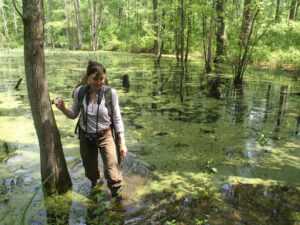
Public hearing will determine the fate of many NC wetlands
June 26th 2025
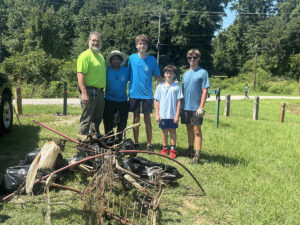
Clayton gets first official trash-trap cleanout
June 25th 2025
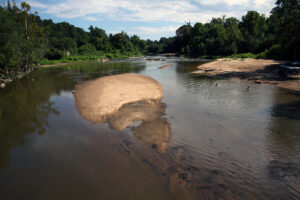
Bill passed by NC House threatens public health, environment
June 25th 2025
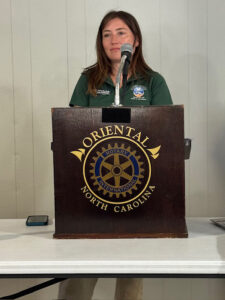
Riverkeeper talks programs with Oriental Rotary Club
June 25th 2025

Riverkeeper, intern scout Smithfield trash trap locations
June 25th 2025
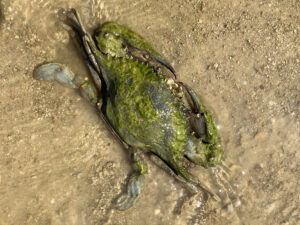
Fish kill reported on the Neuse
June 19th 2025
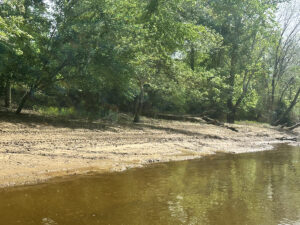
Riverkeeper meets with ATV park attorney
June 19th 2025

Riverkeeper samples scene of Rocky Mount sewer spills
June 19th 2025
